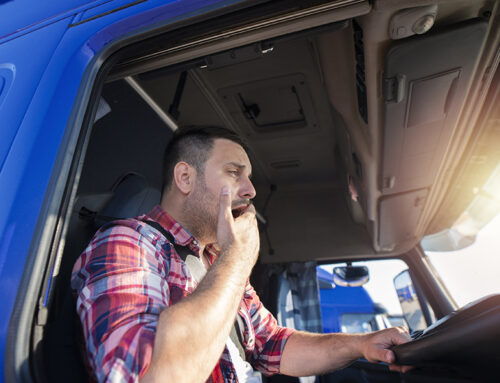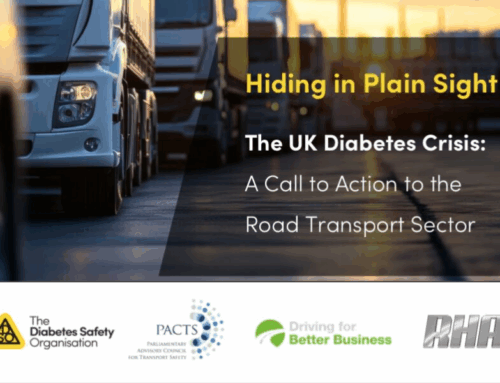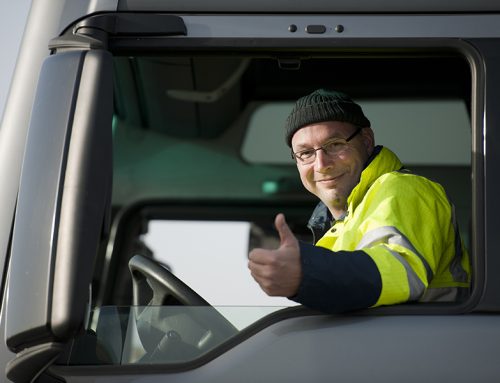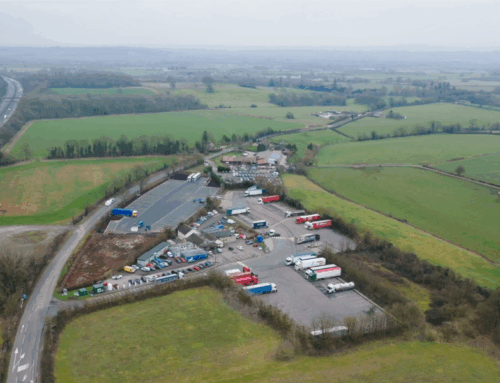UK Business Resilience – post COVID 19
Last year, Driving for Better Business published its Business Resilience report into how companies were dealing with the challenges they faced. This July we followed up with a survey of the same 150 SME business owners and 150 decision-makers at board level in large enterprises, to get a comparative snapshot of their attitudes and behaviours in relation to business resilience across the UK.
Our study reveals that UK businesses are emerging from the COVID-19 pandemic with renewed confidence, as they feel better equipped to deal with the disruption caused by COVID-19:
- UK businesses are better equipped to deal with COVID-19 disruption
- Business leaders are more optimistic about performance
- Improved reporting increases financial strength
Fleet Risk Management
3 in 5 (60%) businesses have strategies in place to deal with future COVID-19 disruption, including localised lockdowns and COVID-19 waves.
This has increased in comparison to last year, when less than half (39%) of businesses had plans to deal with local lockdowns, and two-thirds of companies had no plans in place for a resurgence of COVID-19, according to our report in 2020.
This year’s report also demonstrates the top concerns for business leaders across different sectors, as well as delivering insight into what information is currently being reported at board level. It’s a excellent snapshot of the preparedness of UK businesses to deal with future COVID-19 disruption.
The Driving for Better Business Programme provides free fleet risk management resources and best practice examples to support those fleet and transport professionals who are managing employees who drive. In order to implement strategies that help reduce road risk in their businesses, its important to identify where the gaps may be in existing fleet management policies. Our online Gap Analysis Tool and our Comparative Benchmarking Tool are good places to start.
Fleets – Coping with additional demand
Half (50%) of the companies we surveyed said that coping with additional demand was their main concern. Operating a company fleet of vehicles is one of the biggest operational costs in any business. The additional demand for those businesses and organisations involved in any aspect of home delivery is one area where fleet costs will need to be carefully managed, as they increase.
In the same way, those businesses who have started a delivery service to expand their reach, now that less customers are physically visiting their premises or venues, will need to be aware of the need to manage their fleet operations to avoid unnecessary cost, and reduction in profitability. This additional demand also brings the challenge of managing drivers well – for example, recruitment, driver wellbeing and managing driver behaviour.
Having a good handle on these aspects of your business could make a vital contribution to the financial strength of your operation, and help to build business resilience going forward as the economy recovers from the effects of the COVID-19 pandemic.
Click here to download the full DfBB report ‘Business Resilience after COVID-19′






